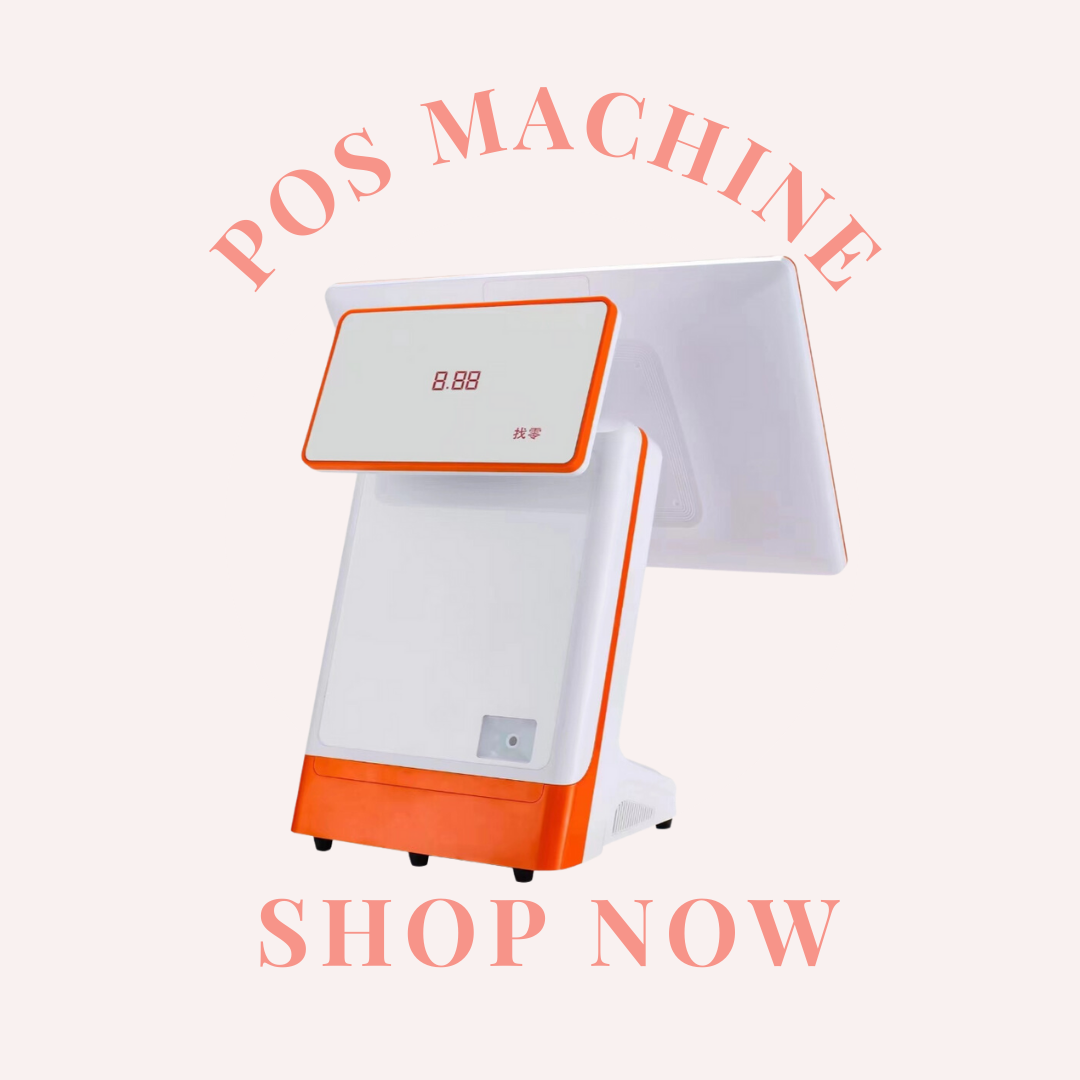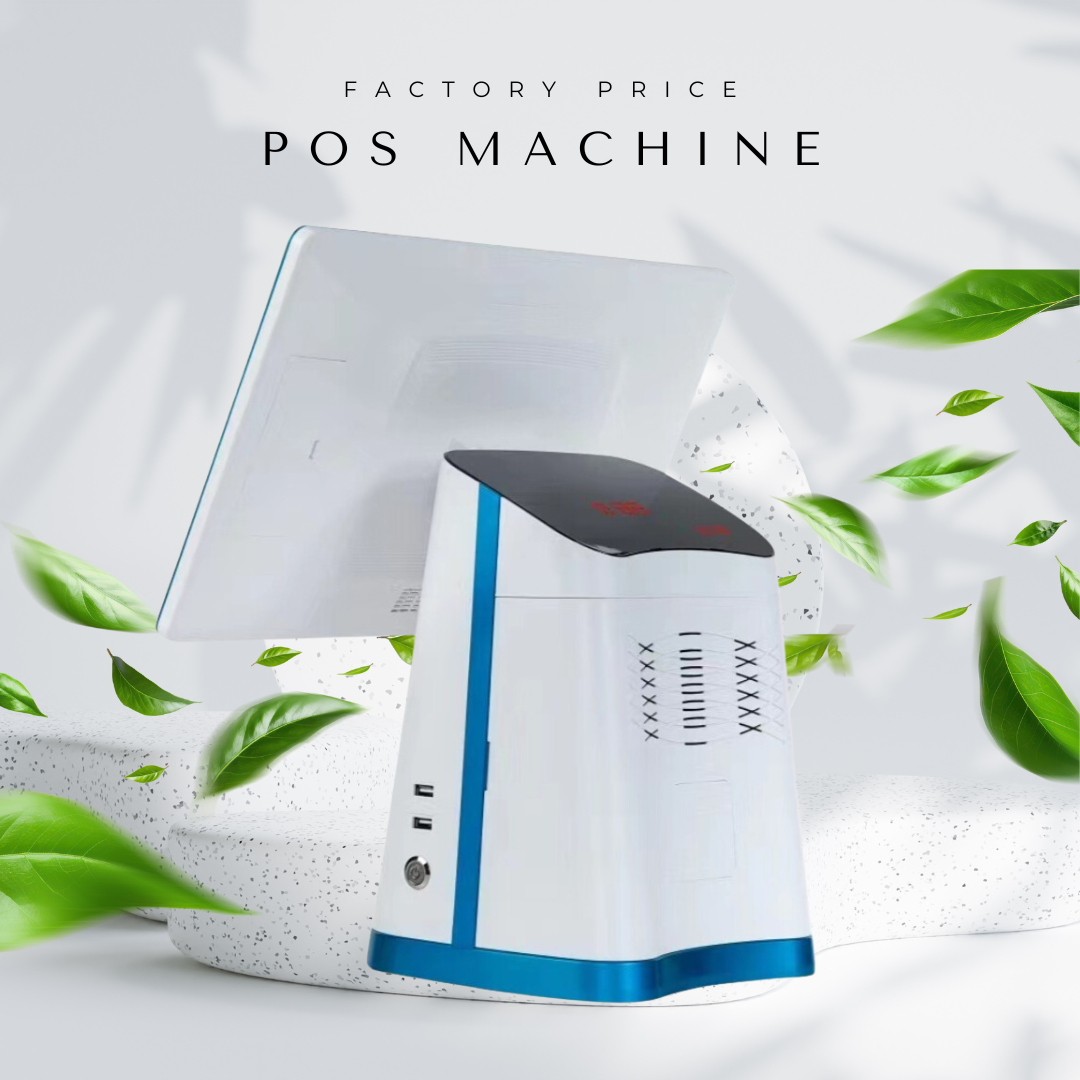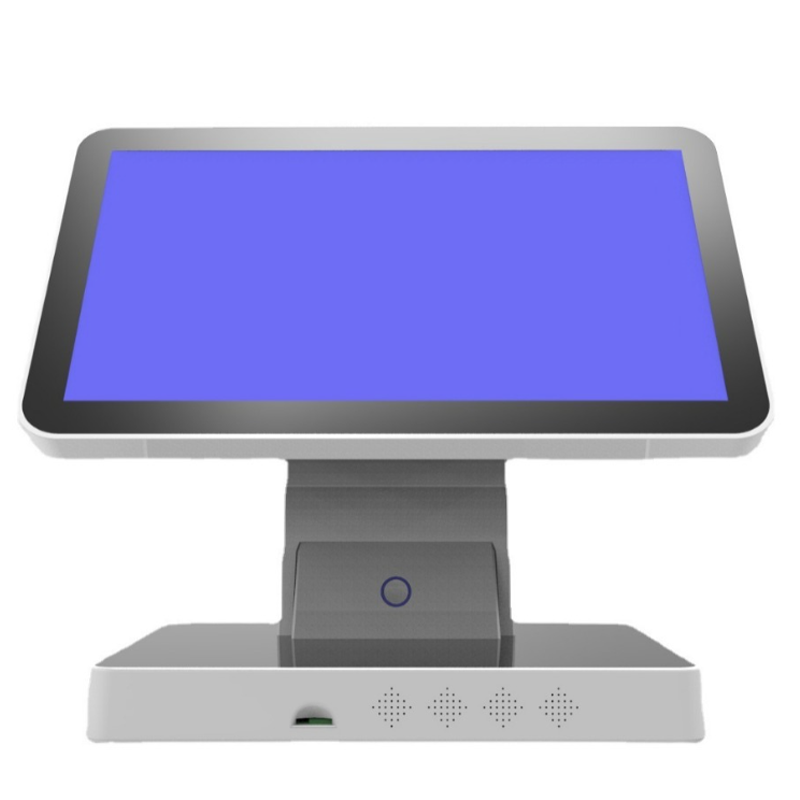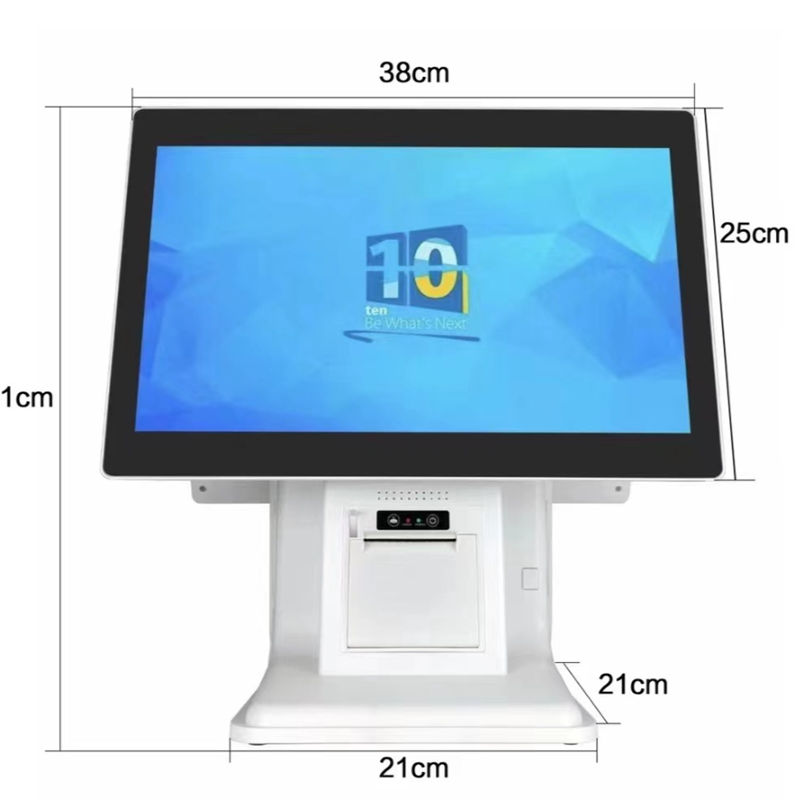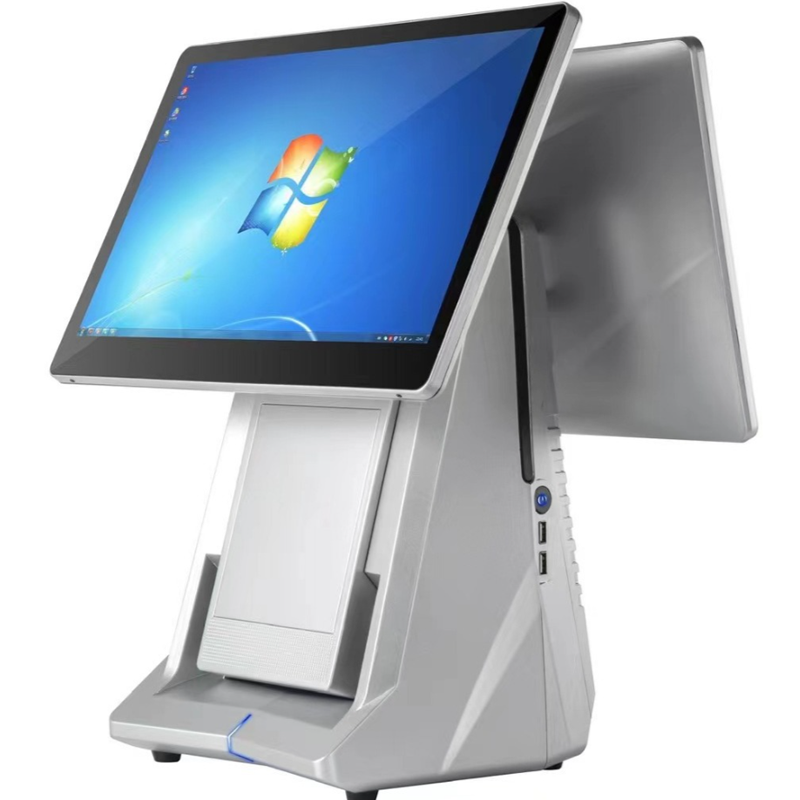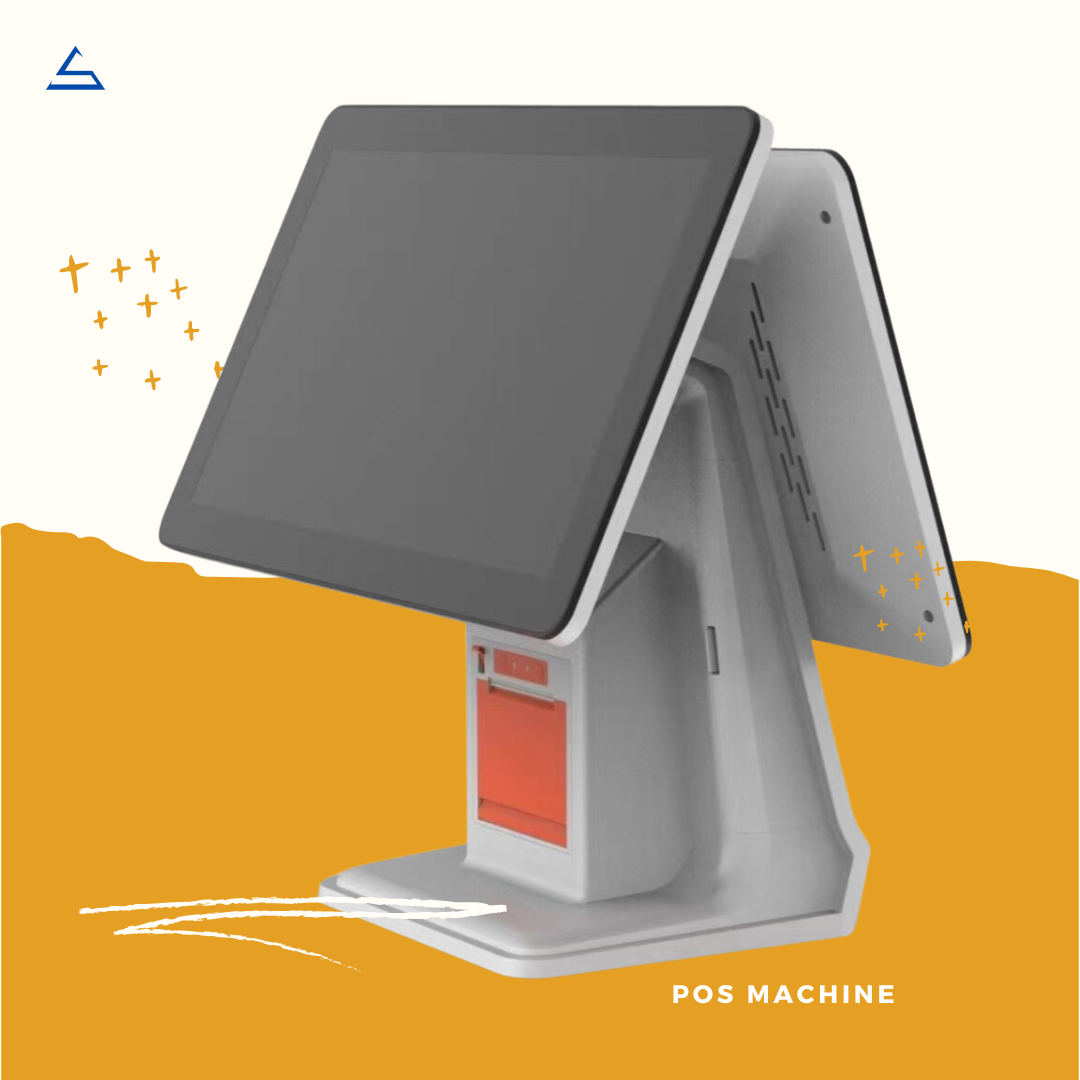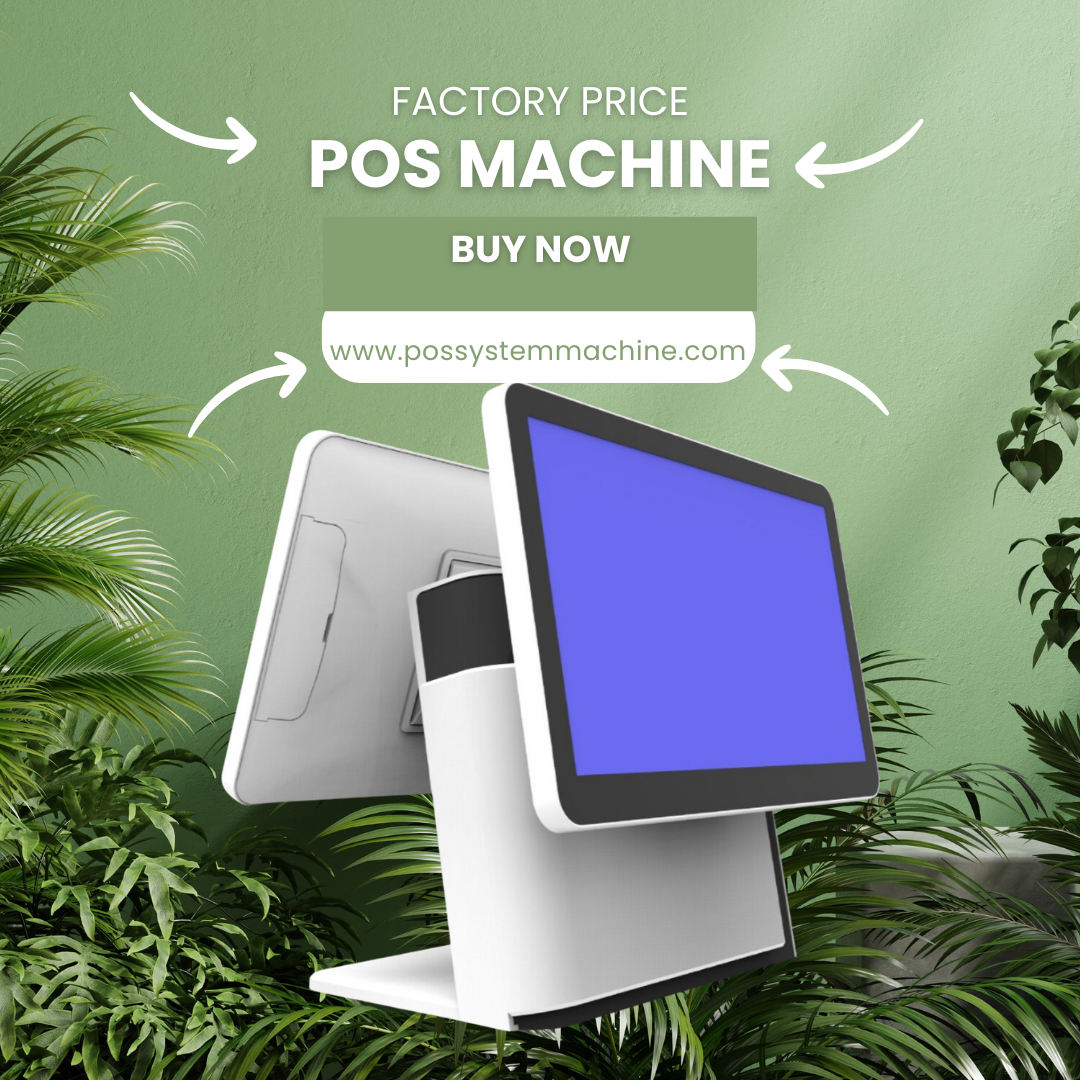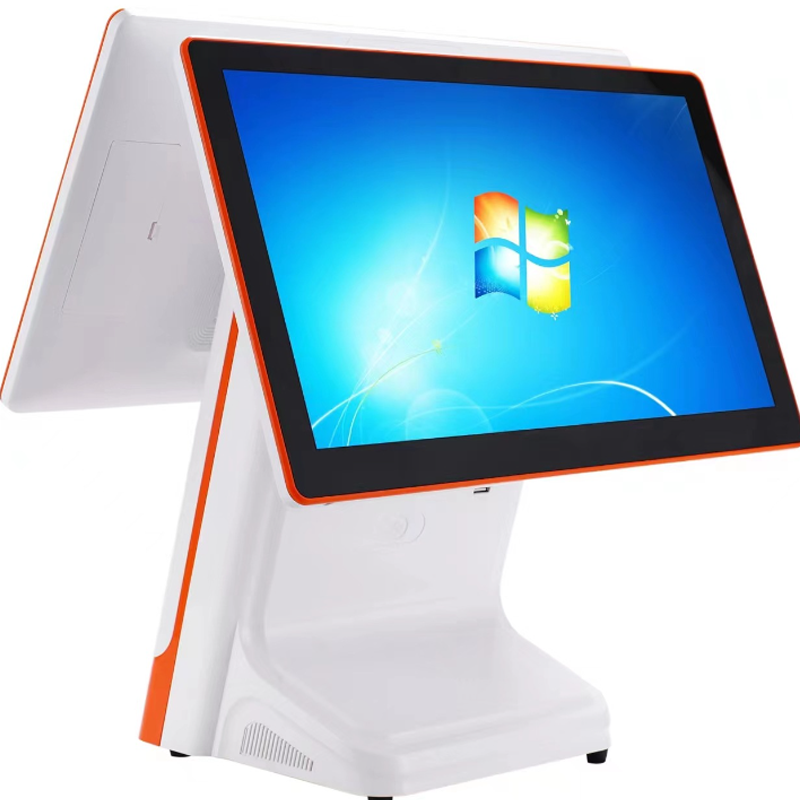Do I Need a POS System?
Table of Contents
Summary
Determining whether a Point-of-Sale (POS) system is right for your business depends on the nature of your operations. For many industries, especially retail and restaurants, a POS system is essential for managing fast-moving inventory, processing customer transactions efficiently, and tracking sales data. However, businesses that don’t involve face-to-face customer interaction or high-volume product sales may find less value in adopting such a system.
Evaluating Your Business Needs
1. Inventory Management and Barcode Scanning
If your business deals with extensive inventory, a POS system could be a valuable tool. It allows for easy scanning of product barcodes, automatic updates to inventory levels, and seamless management of stock. Businesses that handle large volumes of products will find that using a POS system prevents stockouts and over-ordering, ensuring better control over stock. On the other hand, if your business only manages a few products or manually tracks inventory, a POS system may not be necessary.
2. Customer Traffic and Customizable Orders
For businesses with fast-moving lines, such as frozen yogurt shops or cafes with customizable orders, a POS system is crucial. The ability to quickly enter complex orders, split tabs, and process payments minimizes errors and enhances customer satisfaction. A well-configured POS system can significantly reduce wait times and improve operational efficiency. If your business doesn’t face long lines or frequent custom orders, a POS system may not be as essential.
3. Employee Management
Managing multiple employees who handle sensitive transactions is another reason to consider a POS system. Modern POS solutions allow employees to clock in and out directly from the system, track who made a specific sale, and set restrictions on employee actions. These features provide better control over employee activities and improve accountability, making them ideal for businesses where multiple employees are involved in sales.
Deciding on a POS System
Selecting a POS system should be based on your specific business requirements. Service-oriented businesses, high-end product sellers, or those taking orders over the phone may find a POS system unnecessary and more beneficial to opt for a standalone terminal. However, if your business fits the profile of needing real-time inventory management, quick transaction processing, and employee oversight, a POS system like Clover Mini is highly recommended.
Advantages of Using a POS System
| Feature | Benefit |
| Inventory Management | Tracks stock levels, preventing overstock or stockouts |
| Employee Oversight | Allows time-tracking, restricts actions, and enhances security |
| Faster Transactions | Speeds up lines, handles complex orders with ease |
| Detailed Reporting | Provides insights on sales trends and employee performance |
| Customer Management | Supports loyalty programs and personalized marketing |
Additional Factors to Consider
1. Business Complexity
For simple operations, like boutique stores or salons, a traditional cash register or standalone terminal may suffice. POS systems excel when your business has complex inventory, high transaction volume, or the need to offer loyalty programs and gift cards.
2. Budget Considerations
POS systems require a larger upfront investment and ongoing fees for software, but the benefits of improved operational efficiency, faster customer service, and data-driven decision-making often justify the cost.
3. Payment Security
A significant advantage of POS systems is enhanced security. With built-in measures for secure payment processing, they protect customer data and reduce the risk of fraud, ensuring a smoother transaction experience.
Choosing a POS system depends on your business’s needs for efficiency, security, and scalability. A well-suited POS system can enhance customer satisfaction, streamline operations, and support future growth. However, businesses that don’t require fast transaction speeds or extensive inventory management may be better off using a simpler terminal setup.
Frequently Asked Questions
1. Is a POS system necessary for small businesses?
Small businesses that handle high customer volume or need inventory tracking can benefit greatly from a POS system. For others, a simpler solution might suffice.
2. What are the ongoing costs of a POS system?
Besides the initial hardware investment, POS systems often come with monthly fees for software and features. These costs vary depending on the provider.
3. Can a POS system help with employee management?
Yes, POS systems allow employees to clock in and out, track their sales performance, and set permission levels for added security.
4. How do POS systems improve customer experience?
By speeding up checkout times, managing customizable orders, and offering flexible payment options, POS systems enhance overall customer satisfaction.
5. Can I use a POS system without an internet connection?
Most POS systems offer an offline mode, allowing businesses to continue processing transactions even during network outages.
Tags
Product
Blog
Contact Us
Related Products
Frequently asked questions about wood box manufacutring

